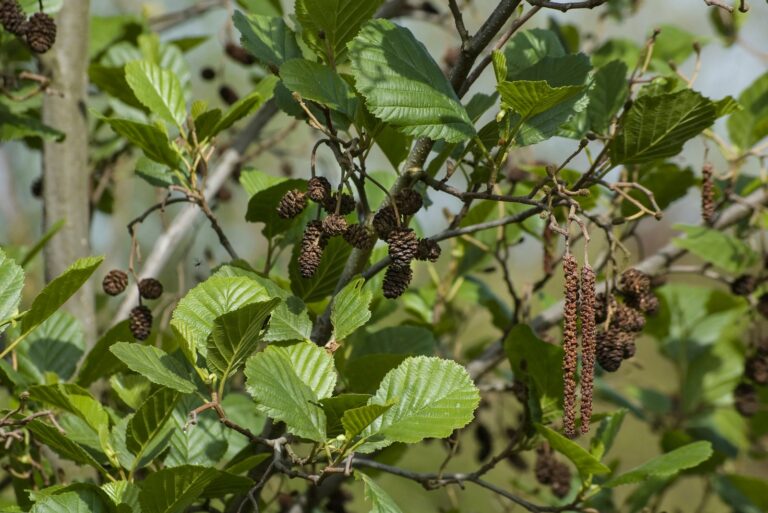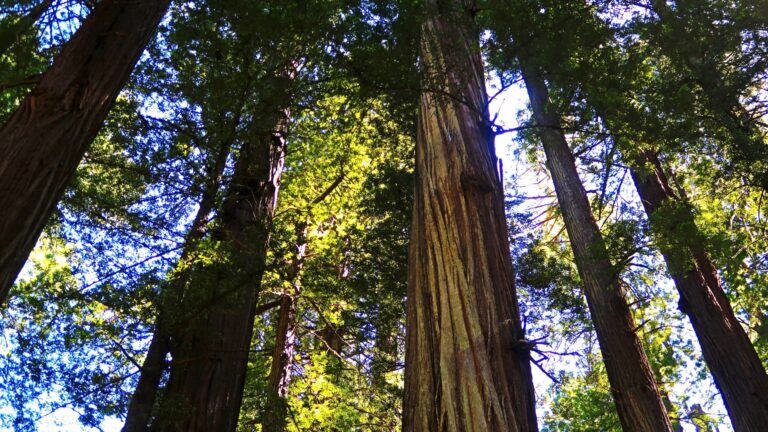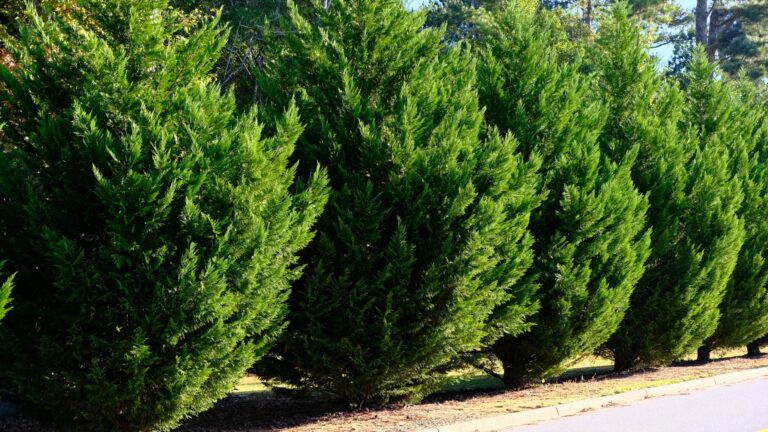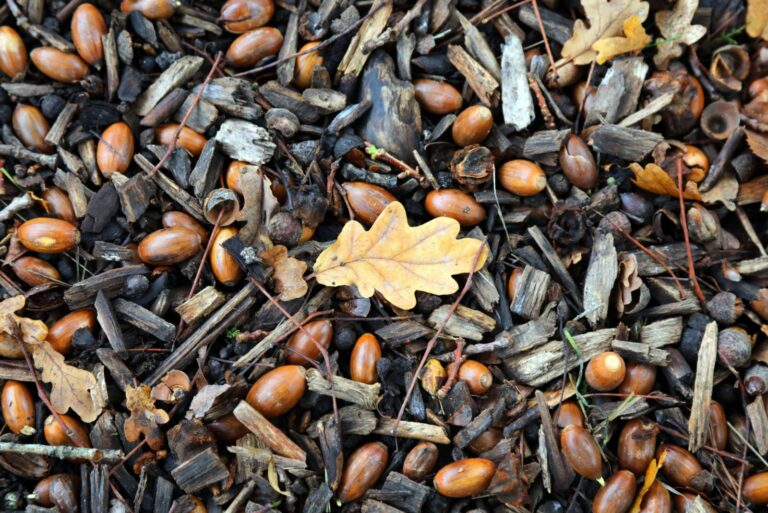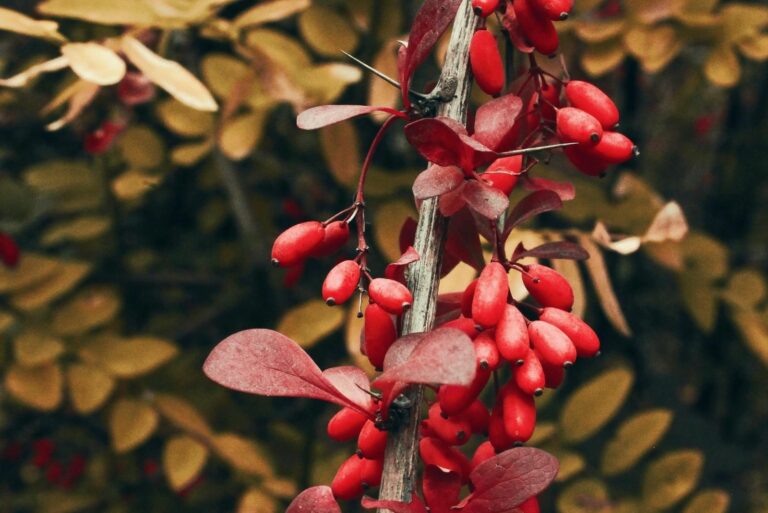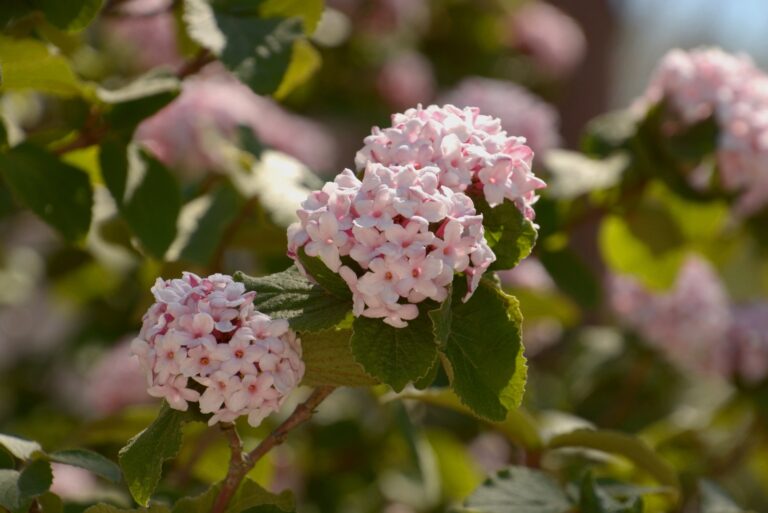This Hardy Pink-Blooming Shrub Is Quickly Becoming A Favorite In New York
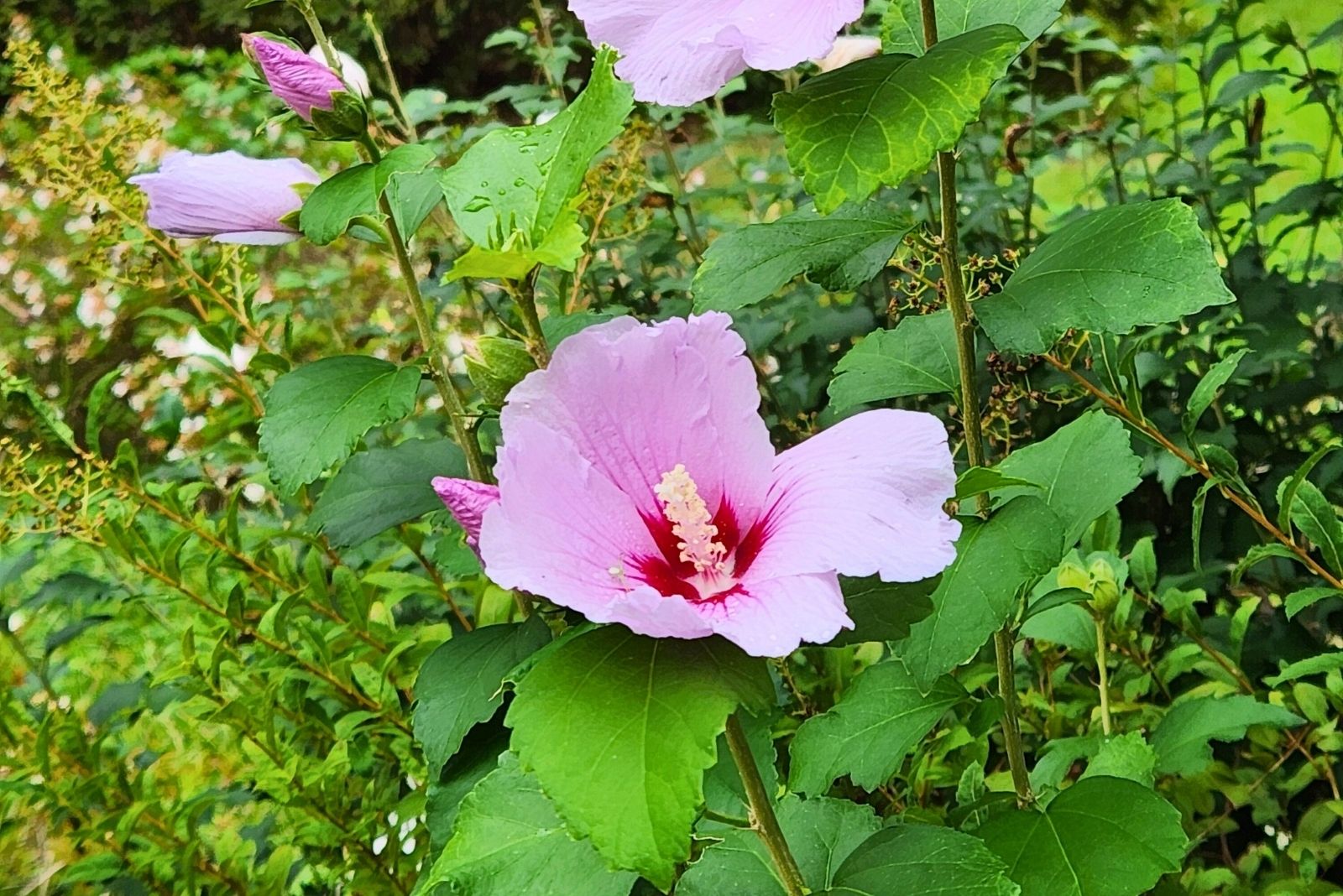
Looking for a flowering shrub that can handle New York’s unpredictable weather while delivering stunning pink blooms all summer long? Rose of Sharon might be exactly what your yard needs. This hardy plant brings beauty and color when many other flowers have already faded.
Whether you’re a beginner gardener or a seasoned pro, this shrub offers plenty of reasons to earn a special spot in your landscape.
1. Thrives In New York’s Climate
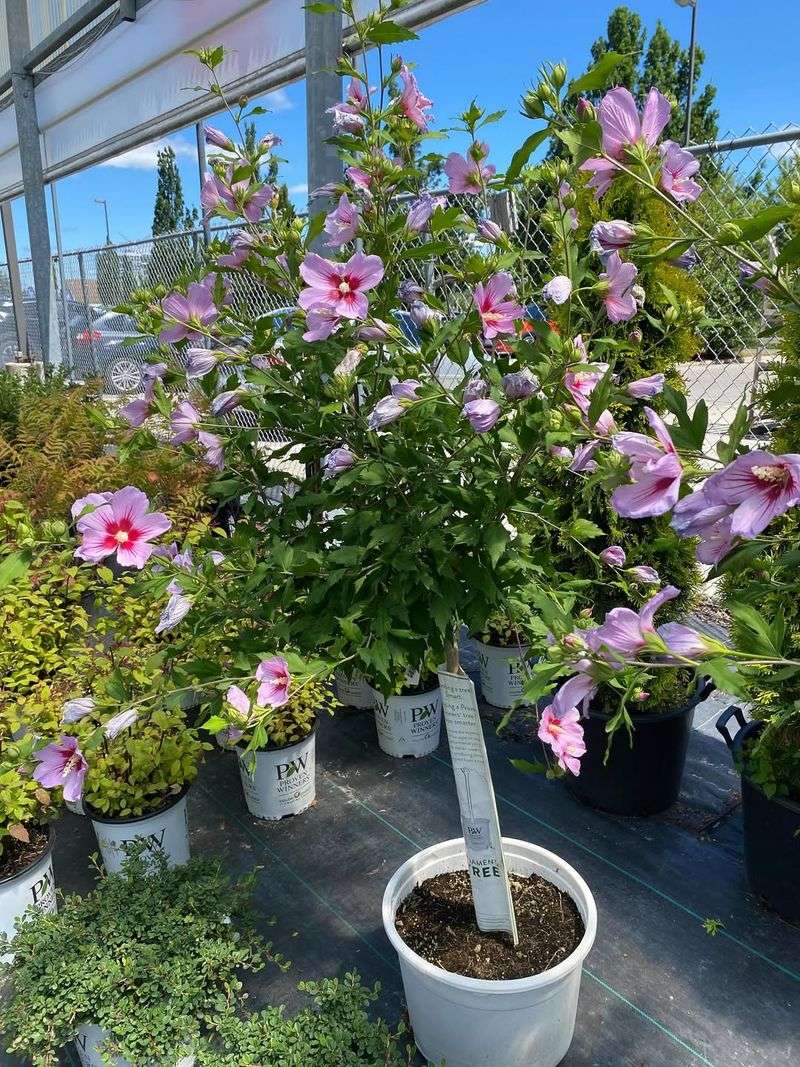
New York’s cold winters and hot summers can challenge many flowering plants, but Rose of Sharon handles both extremes like a champion. Hardy to zone 5, this shrub survives freezing temperatures without any special protection or extra care.
Once established, it bounces back each spring with vigorous growth. Summer heat doesn’t slow it down either, making it perfectly adapted to the Empire State’s variable conditions.
You won’t need to worry about babying this tough plant through seasonal changes.
2. Blooms Last From July Through September
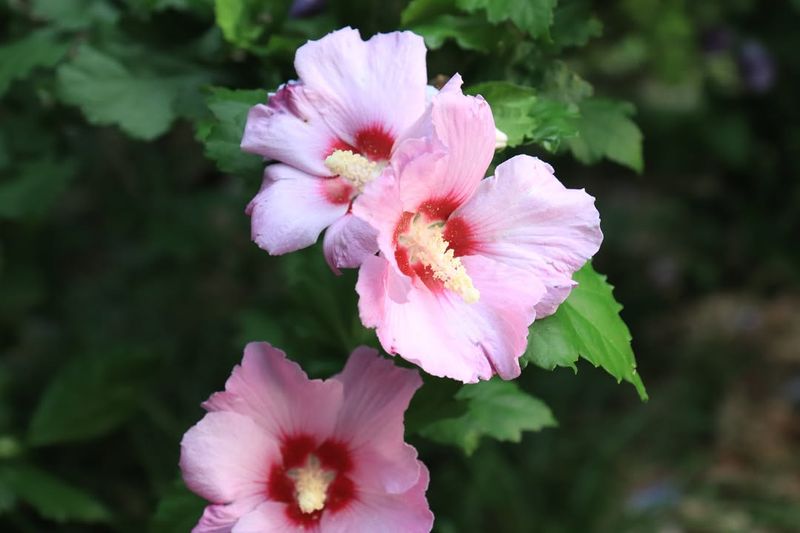
Most flowering shrubs put on a show for just a few weeks, then call it quits for the year. Rose of Sharon takes a different approach entirely, producing fresh blooms continuously for three whole months.
Starting in mid-summer when other flowers are fading, it keeps your yard colorful well into early fall. Each individual flower lasts just a day, but new buds open constantly.
This extended blooming period means you’ll enjoy pink flowers throughout the entire back-to-school season and beyond.
3. Requires Minimal Maintenance
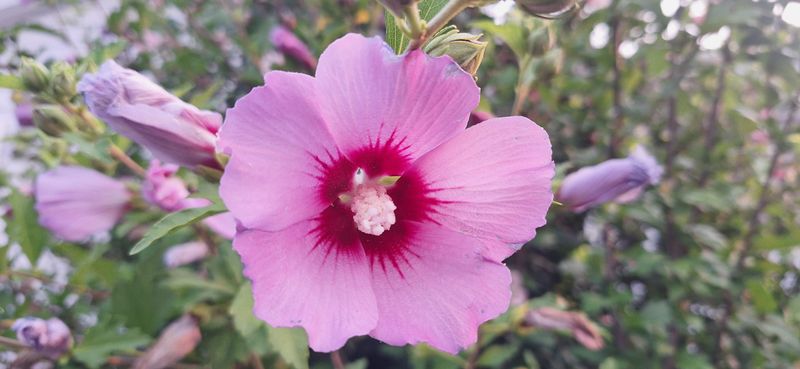
Busy homeowners appreciate plants that don’t demand constant attention, and this shrub fits that description perfectly. After the first year, Rose of Sharon needs very little watering except during extreme droughts.
It naturally resists most pests and diseases, so you won’t be spraying chemicals every weekend. A simple pruning in late winter keeps the shape tidy, but even that’s optional.
Fertilizing once yearly helps but isn’t absolutely necessary for healthy growth and abundant blooms.
4. Attracts Butterflies And Hummingbirds
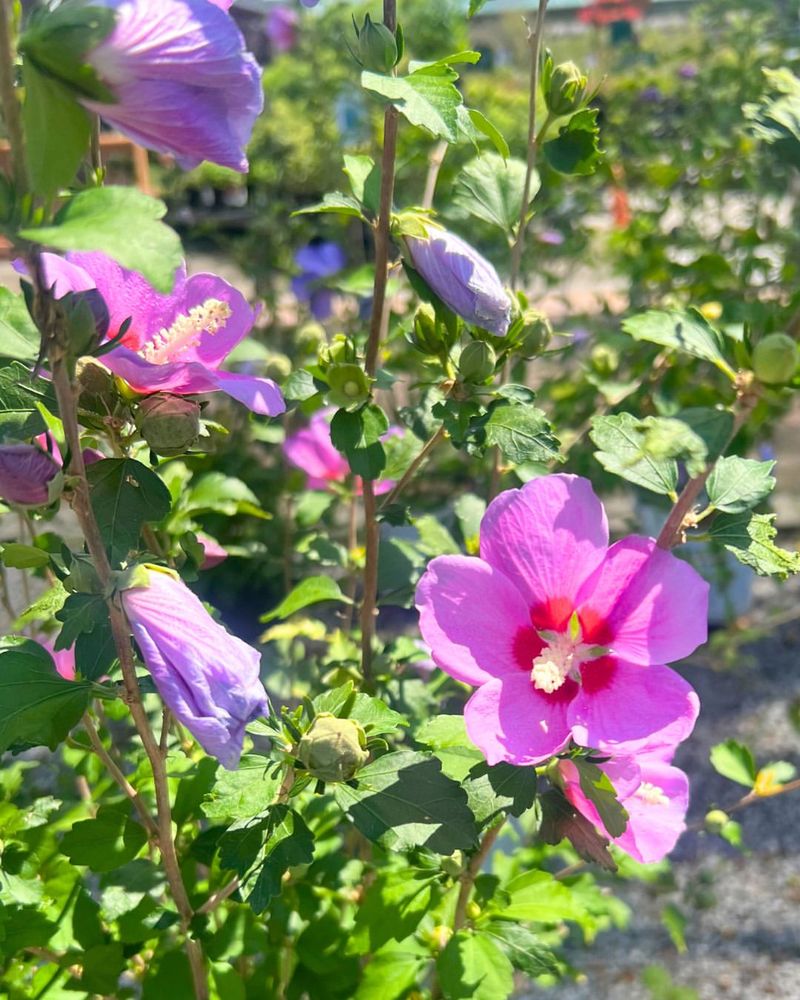
Watching hummingbirds zip around your yard never gets old, and Rose of Sharon acts like a magnet for these tiny speedsters. The large, trumpet-shaped flowers provide nectar that hummingbirds can’t resist during their summer feeding frenzy.
Butterflies also frequent the blooms regularly, adding even more movement and interest to your landscape. Creating a wildlife-friendly space becomes effortless when you plant shrubs that naturally support pollinators.
Your neighbors might start asking what your secret is!
5. Grows Tall Enough For Privacy Screening
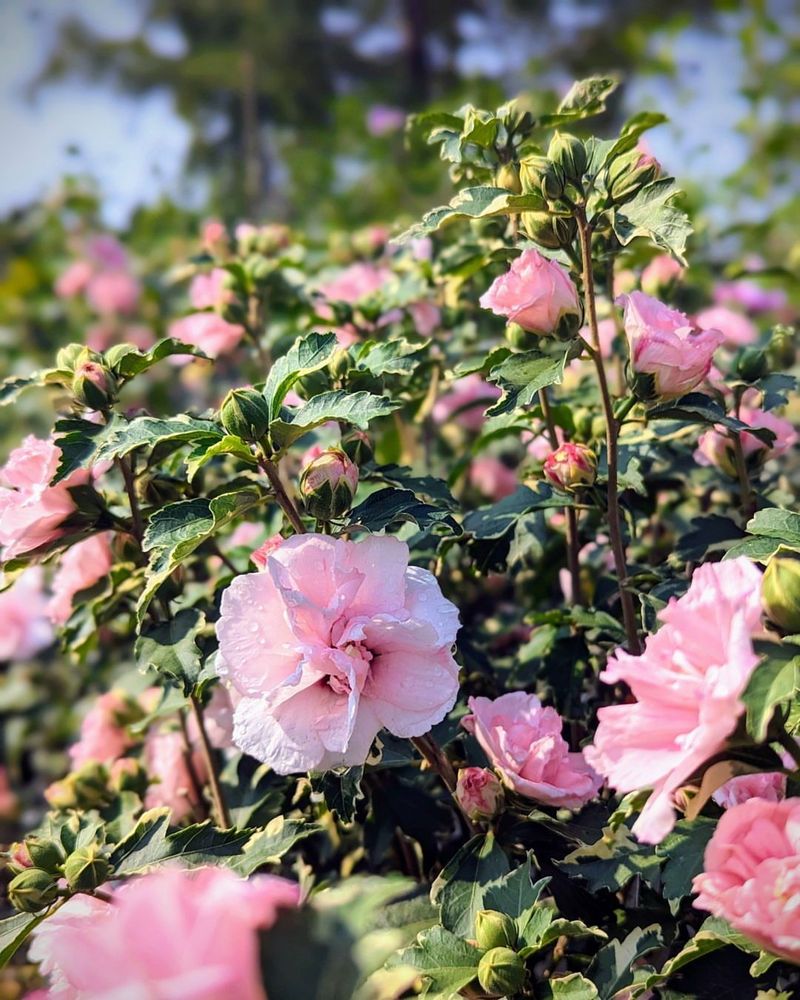
Privacy matters in suburban neighborhoods, and this shrub delivers height without taking up too much horizontal space. Reaching 8 to 10 feet tall when mature, Rose of Sharon creates an effective living screen between properties.
Its upright growth habit means you can plant multiple shrubs closer together without crowding. Unlike fences that look stark and uninviting, a flowering hedge adds beauty while blocking unwanted views.
You’ll enjoy seclusion in your backyard without sacrificing curb appeal or natural aesthetics.
6. Tolerates Urban Pollution
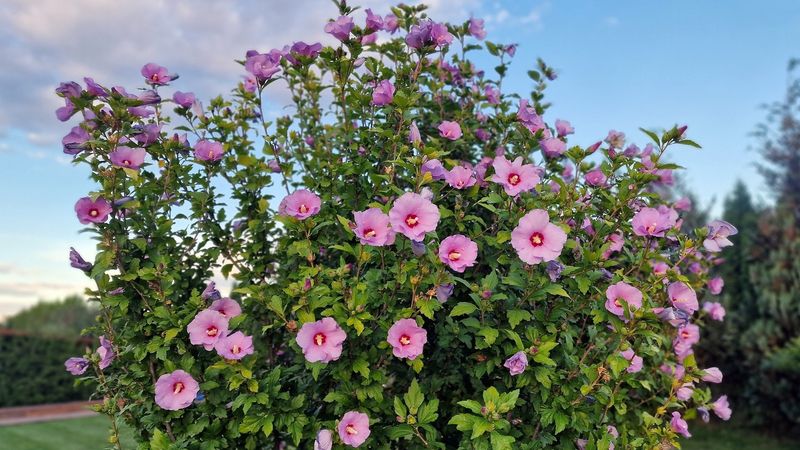
City gardening presents unique challenges that many delicate plants simply can’t overcome, especially near busy streets. Rose of Sharon shrugs off air pollution, car exhaust, and other urban stressors that would damage less resilient species.
This makes it ideal for front yards along roads or gardens in densely populated areas. The shrub’s tough leaves don’t show the browning or spotting common in pollution-sensitive plants.
Urban and suburban New Yorkers alike can grow gorgeous blooms without fighting environmental obstacles.
7. Adapts To Various Soil Types
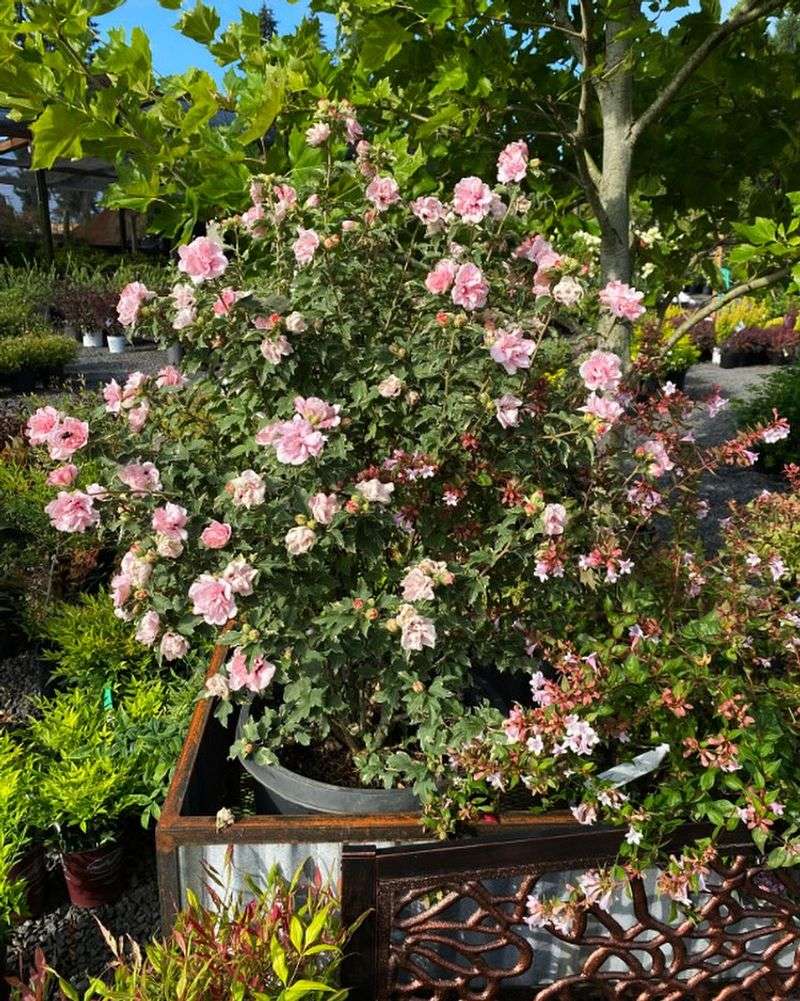
Worried about your yard’s clay-heavy or sandy soil? Rose of Sharon grows successfully in almost any soil type without complaint or special amendments.
Whether your ground drains quickly or holds moisture longer, this adaptable shrub adjusts accordingly. It even tolerates slightly alkaline conditions better than many acid-loving flowering plants.
You won’t need to invest in expensive soil testing or spend weekends improving your dirt. Just dig a hole, plant it, water initially, and watch it thrive in whatever ground you’ve got naturally.
8. Offers Multiple Color Options Beyond Pink
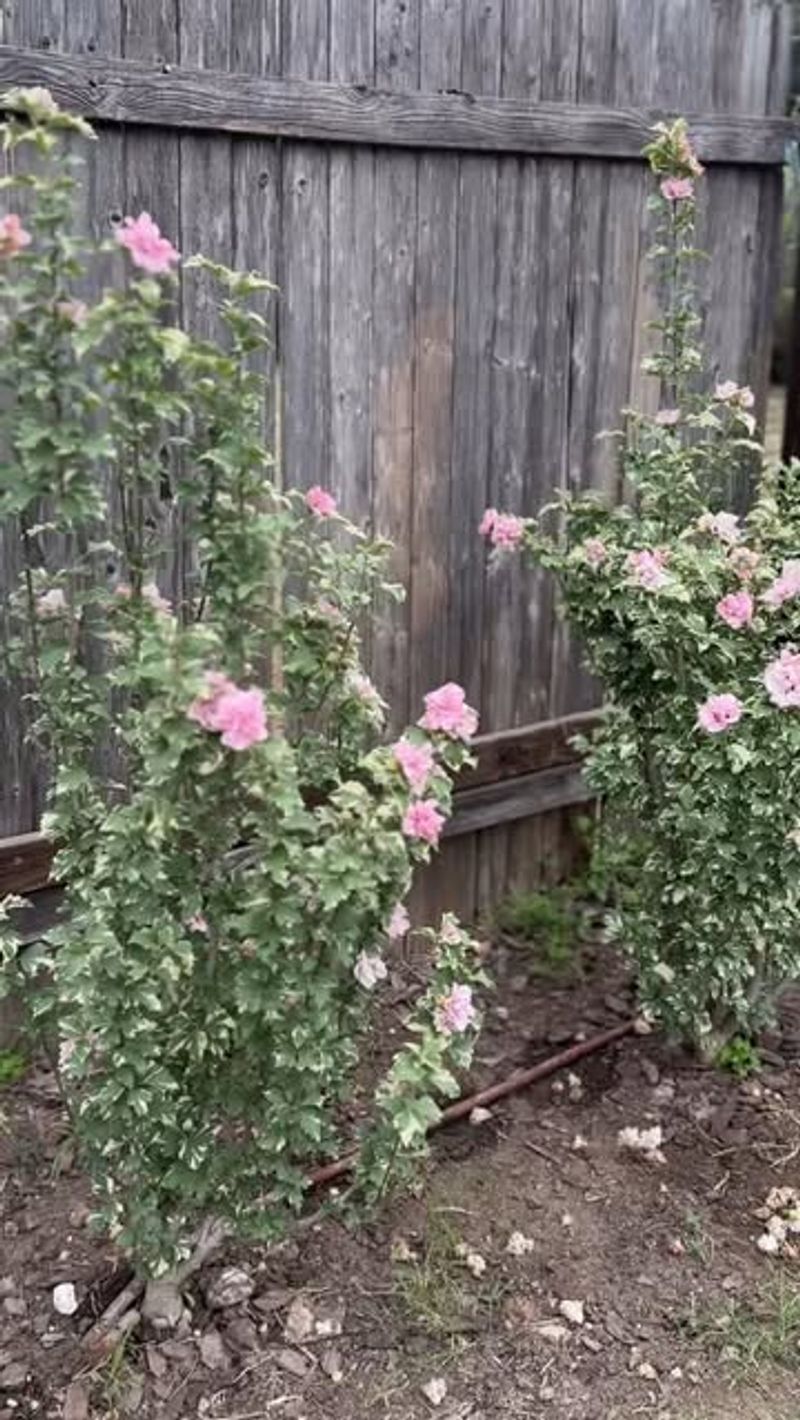
While pink varieties steal the spotlight, Rose of Sharon actually comes in several shades to match your personal style. From soft blush tones to deep magenta, you can choose the exact pink intensity that complements your home’s exterior.
Some cultivars feature darker centers or ruffled petals for added visual interest. Mixing different pink varieties creates a layered, professional landscape design without hiring an expert.
Your yard becomes uniquely yours with customized color combinations that reflect your taste perfectly.

